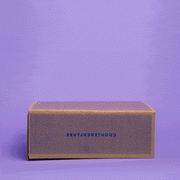-
![]()
Sustainably-Sourced
-
![]()
Quality-Focused
-
![]()
B Corp Certified
-
![]()
Transparently Traded
![]()
Sustainably-Sourced
![]()
Quality-Focused
![]()
B Corp Certified
![]()
Transparently Traded
Cart
Free shipping on orders $30+
$0
$30











